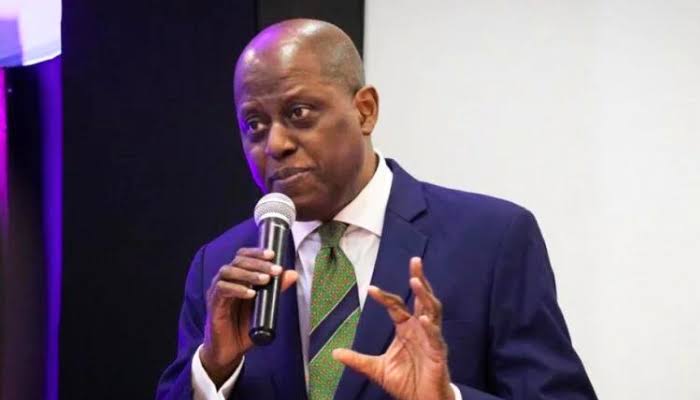Some sacked Directors of the Central Bank of Nigeria (CBN) have approached an Abuja Division of the National Industrial Court of Nigeria (NICN) seeking an interlocutory injunction to restrain the bank from replacing them.
The sacked directors who are claimants/applicants in a motion on notice filed on Monday insisted their employments were “unlawfully terminated” by the bank “without a valid reason.”
Amongst those affected were eight directors, 10 deputy directors, five assistant directors, two principal managers and two senior managers.
The CBN relieved 17 directors inherited by the new governor, Olayemi Cardoso, with four others recently retired on attaining the statutory retirement age of 60.
The bank, however, made a move to replace the sacked directors by recently advertising various vacancies in the national dailies.
The directors faulted their sack, insisting it was against the civil service rule. They have filed a case which is still pending before the court.
They sought for an order of interlocutory injunction restraining the bank from filling the vacancies in the director’s cadre.
In the motion on notice brought pursuant to Order 22 Rule 1 and 2 of the National Industrial Court Civil Procedure Rules, 2027 and under the Inherent Jurisdiction of the court, the applicants prayed the court for an order of “interlocutory injunction restraining the defendants/respondents whether by itself, its agents, servants, and; or privies or anybody acting on its behalf or receiving directives from it from filling the vacancy of whatever kind to the Director Cadre, or taking any step whatsoever to so recruit, arising from the unlawful termination of the Claimant’s appointment….”
The claimants argued that “it is trite that an employer can only terminate an employees’ appointment without a notice or payment in lieu of notice when the conduct of the employee is of a serious and weighty nature.”
“This will include offences with a criminal element such as fraud. The claimants not having being found wanting approach this Honorable court for redress.
“The defendants have been making efforts to fill the vacancy created by the unlawful termination of the Claimants’ appointment, without having regards to the pendency of the suit filed before this Honorable Court by the claimants, hence our application to this Honorable Court,” the application read.

